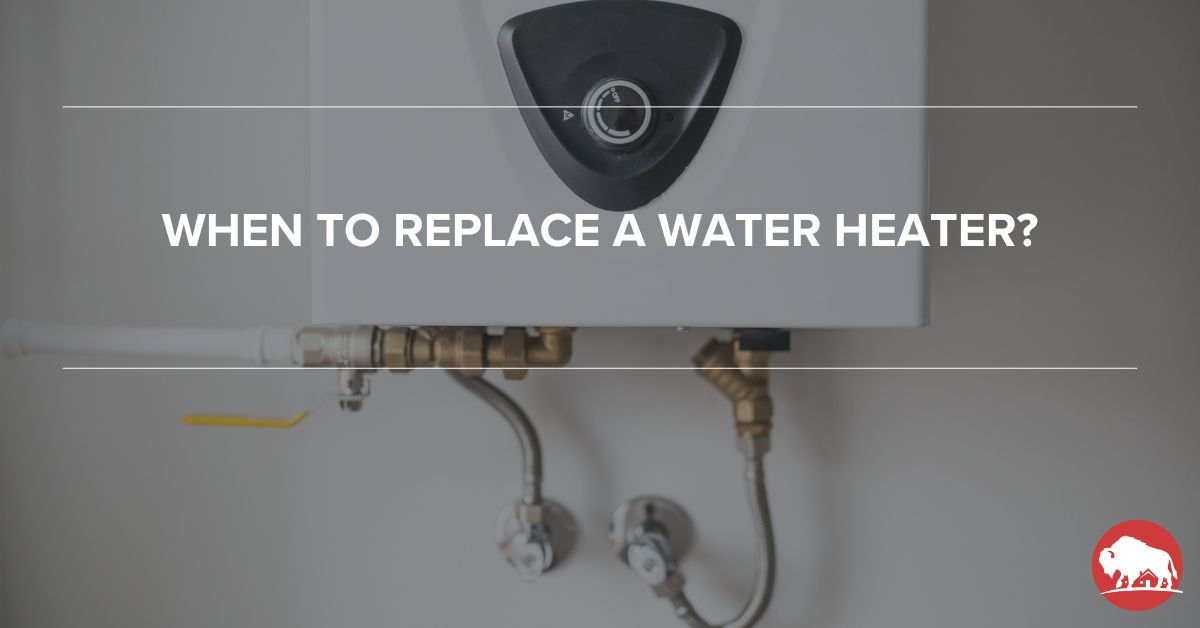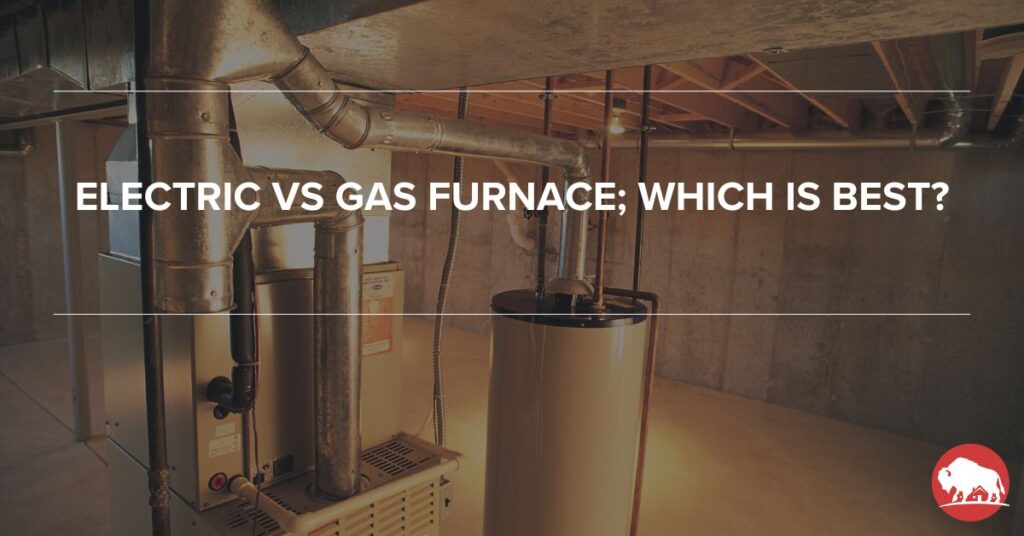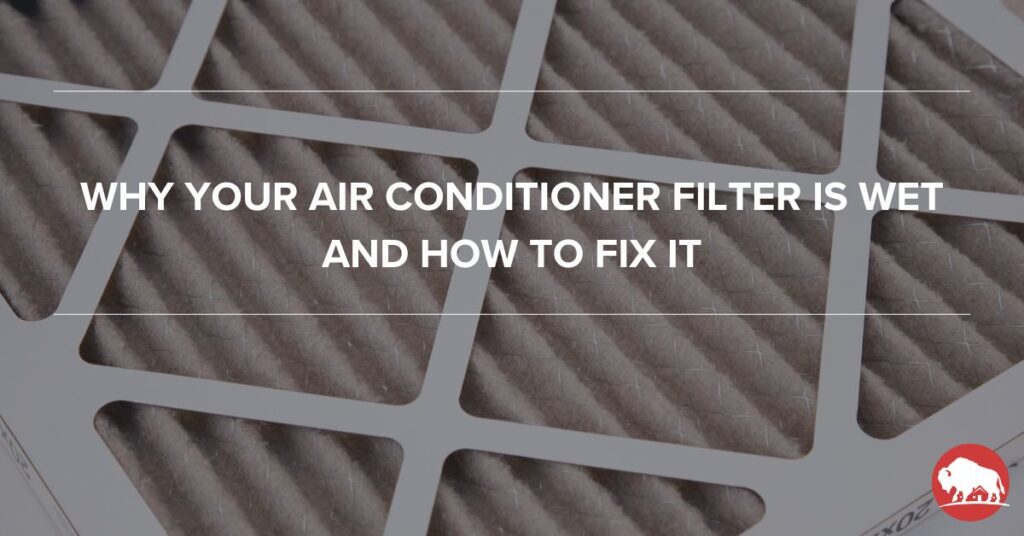Hot showers. Clean dishes. Fresh laundry. Your water heater works behind the scenes every day to make life more comfortable. But here’s the catch: most homeowners don’t think about their water heater until it’s too late. In fact, about 27 million U.S. households have water heaters that are past their prime, and they don’t even know it’s time to replace a water heater!
You don’t want to be caught off guard by cold water or a surprise flood. So, how do you know when it’s time to get a new a water heater? Whether you’re dealing with rising energy bills, strange noises, or just an aging unit, there are clear signs that it’s time to take action. In this guide, we’ll dive into what those signs are and how to avoid an unexpected water heater failure. Let’s get into it—because knowing when to act can save you time, money, and headaches.
How Long Does a Water Heater Last?
Before we dive into the signs of a failing water heater, it’s important to know how long these appliances typically last.
Lifespan of Traditional Tank Water Heaters
The average lifespan of a traditional tank water heater is around 8 to 12 years. If your water heater is pushing 10 years or more, it might be time to start thinking about a replacement. Keep an eye out for other signs of wear, which we’ll cover shortly.
Lifespan of Tankless Water Heaters
If you have a tankless water heater, you’re in luck! These can last up to 20 years or more with proper maintenance. Tankless models heat water on demand, which reduces wear and tear, giving them a longer lifespan compared to traditional tank water heaters.
Impact of Maintenance on Longevity
Regular maintenance can make a big difference in how long your water heater lasts. Simple things like flushing the tank once a year to remove sediment buildup or checking the pressure relief valve can help your water heater last longer and run more efficiently.
Common Signs You Need to Replace a Water Heater
So, how do you know when it’s time to replace a water heater? Here are some common signs your unit might be on its last legs.
1. Age of the Water Heater
As mentioned earlier, the age of your water heater is a big factor. If your unit is over 10 years old and you’re starting to experience issues, replacing it now could save you from an emergency situation down the road.
2. Water Heater Leaks
Notice any puddles around the base of your water heater? That’s not good! Leaks often mean there’s internal corrosion or other serious issues going on. While minor leaks from loose connections or valves can sometimes be repaired, leaks from the tank itself are a sign it’s time for a replacement.
3. Inconsistent or Lukewarm Water
Are your showers getting cold halfway through? Or does it take forever for hot water to reach your faucet? This could mean your water heater’s heating elements or thermostat are wearing out. While these parts can sometimes be repaired, frequent issues like this usually signal it’s time to replace the entire unit.
4. Discolored or Foul-Smelling Water
If the water from your hot tap looks rusty or smells weird (like rotten eggs), there might be sediment buildup or even bacterial growth in your water heater tank. Flushing the tank can help temporarily, but if the problem persists, a replacement is probably your best bet.
5. Strange Noises from the Tank
Is your water heater making loud banging, popping, or knocking noises? This often happens when sediment has hardened at the bottom of the tank. The buildup makes your heater work harder, leading to inefficiencies and potential damage. If the noise keeps coming back after maintenance, it’s time to think about a replacement.
6. Increased Energy Costs
If your energy bills are creeping up and you haven’t made any major changes in how you use hot water, an old water heater could be the culprit. Older units have to work harder to keep up with your hot water demands, making them less energy efficient. Replacing your water heater can improve efficiency and save money on your utility bills.
7. Frequent Repairs
If you find yourself calling a repairman every few months to fix your water heater, it’s probably time to cut your losses. Frequent repairs add up quickly, and in the long run, replacing your water heater will be more cost-effective.
Repair vs. Replace a Water Heater: How to Decide
Once you’ve identified issues with your water heater, you might be wondering: Should I repair it or replace it? Here’s how to decide.
When Repairs Are a Viable Option
If your water heater is less than 10 years old and you haven’t had many issues, a simple repair might do the trick. For example, replacing a faulty thermostat or heating element can be a relatively inexpensive fix. But if these problems keep happening, it’s time to consider an upgrade.
When Replacement is Necessary
Old Age
If your water heater is over 10 years old and showing signs of wear (leaks, noises, inconsistent temperatures), replacing it is usually the best option.
Major Issues
Issues like a leaking tank, corrosion, or severe sediment buildup can’t really be fixed. In these cases, replacement is the only long-term solution.
Energy Efficiency Benefits
Older water heaters are typically less efficient than newer models. Upgrading to an energy-efficient unit can reduce your utility bills and even qualify you for rebates or tax credits.
Choosing the Right Replacement Water Heater
When it’s time to replace a water heater, it’s important to pick the right model for your home. Here are a few key factors to consider.
1. Size and Capacity
Think about your household’s hot water needs. For a single person or couple, a 30-gallon tank might be enough. But larger families may need a 50-gallon tank or even a tankless system. Consider how many showers, laundry loads, and dishwasher cycles you run each day.
2. Energy Efficiency
Upgrading to an ENERGY STAR® certified water heater can save you hundreds of dollars on energy costs each year. Look for models with a high Uniform Energy Factor (UEF) rating to get the most efficiency out of your new unit.
3. Types of Water Heaters
- Traditional Tank Water Heaters: These store and heat a large amount of water, keeping it ready for use.
- Tankless Water Heaters: These heat water on demand, saving energy and providing endless hot water. They’re more expensive upfront but last longer.
- Heat Pump Water Heaters: These are super energy-efficient, using electricity to move heat from the air into the water.
4. Budget Considerations
Water heaters range in price from $500 to over $2,000, depending on the type, size, and efficiency. Don’t forget to factor in installation costs and any rebates or incentives that might be available.
The Importance of Regular Maintenance
To keep your water heater running smoothly and extend its lifespan, regular maintenance is key. Here are a few simple steps you can take:
- Flush the tank once a year to remove sediment.
- Inspect the pressure relief valve.
- Check for leaks around the unit. For tankless water heaters, annual flushing helps keep things running efficiently.
So, When Should I Replace a Water Heater?
In the end, knowing when to replace a water heater can save you from unexpected cold showers, rising energy bills, and costly repairs. By paying attention to signs like leaks, inconsistent water temperatures, and strange noises, you can act before a small problem becomes a major issue. Remember, routine maintenance helps extend the life of your unit, but when it’s time to replace, investing in a newer, more efficient model can offer long-term savings and peace of mind. Whether you choose a traditional tank, tankless, or heat pump water heater, making the right choice ensures your home stays comfortable and energy-efficient. Contact us today to get a new water heater!
Replace a Water Heater FAQs
1. How often should I replace my water heater?
Most traditional water heaters need replacing every 8 to 12 years. Tankless models can last up to 20 years with proper maintenance.
2. Can I replace a water heater myself?
While some DIY enthusiasts can tackle water heater replacements, it’s generally safer to hire a licensed professional, especially for gas units.
3. What is the cost to replace a water heater?
The cost varies, but traditional tank models typically cost $2500. Tankless models and high-efficiency units can cost $6,000 or more.
4. Should I consider a tankless water heater?
If you want to save space and energy, tankless water heaters are a great option. They have a higher upfront cost but are more efficient and last longer.






